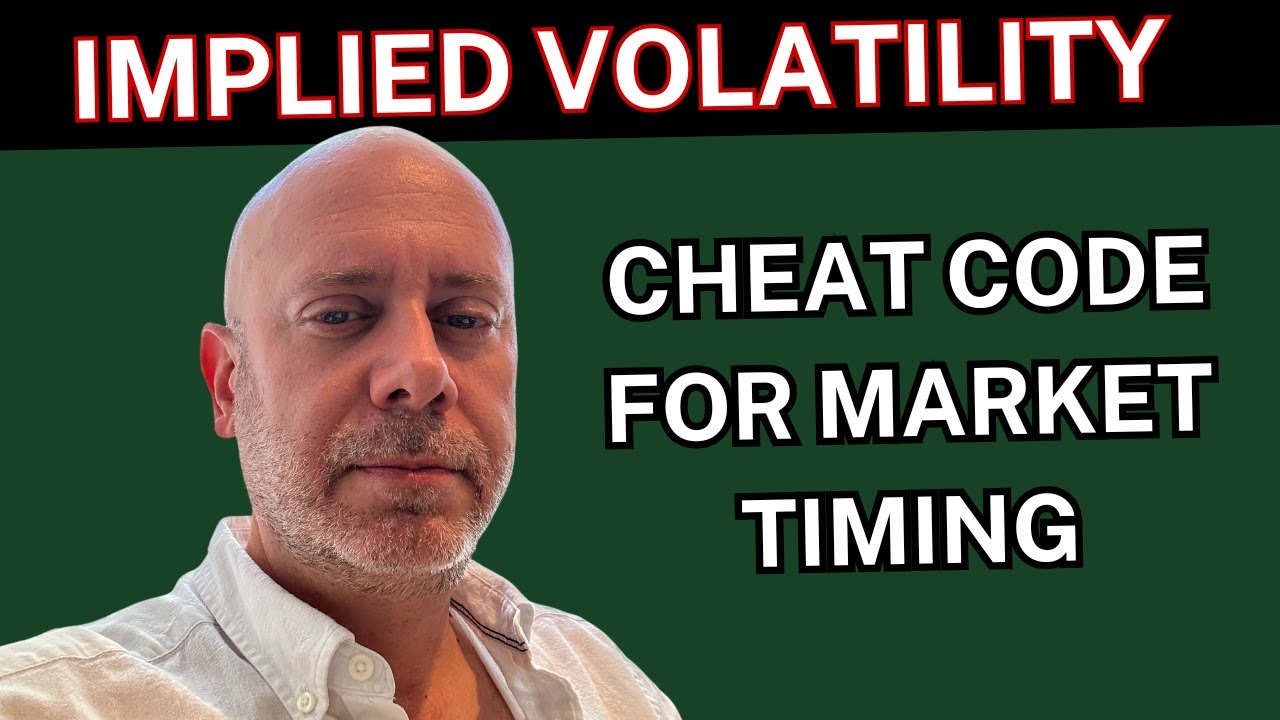Been trading for a while but I still struggle with implied volatility. I know it impacts option prices, but I don’t fully understand how.
High IV options often cost more than I expect, yet low IV options can be cheap but don’t move much.
How should I consider this in my trades? I made some poor decisions by overlooking IV.
IV affects option pricing a lot. High IV means higher cost. Consider it carefully.
Option prices consist of intrinsic value and time premium. IV impacts the time premium directly.
• High IV = increased time premium
• Low IV = reduced time premium
Volatility crush can harm your positions quickly. Check historical IV ranges before entering trades.
IV is basically a fear tax. When people panic about earnings or news, they’ll overpay like crazy for options protection. That panic gets priced in.
Most traders get burned buying expensive options right before big events. Even if you’re right about direction, you can still lose money if the fear evaporates faster than the stock moves.
This video explains how IV works and why it matters:
Basic strategy: when IV’s high, sell options instead of buying them. Let someone else pay you the fear tax.
Got burned hard on Tesla earnings last month. Bought calls two days before with IV at 120%.
Stock moved exactly where I thought it would, but my options still dropped 40% when volatility collapsed after earnings. That’s when it finally clicked.
Now I watch IV rank like a hawk. Above 70%? I’m selling premium, not buying it.
High IV means the market’s expecting big price swings, so option prices get jacked up. When volatility crashes after you buy, your option bleeds value even if the stock moves in your favor.
Low IV options are dirt cheap but need massive moves to print. Best play? Buy when IV’s low, sell when it spikes.
Always check IV percentile before jumping in. Above 80%? You’re probably overpaying.
